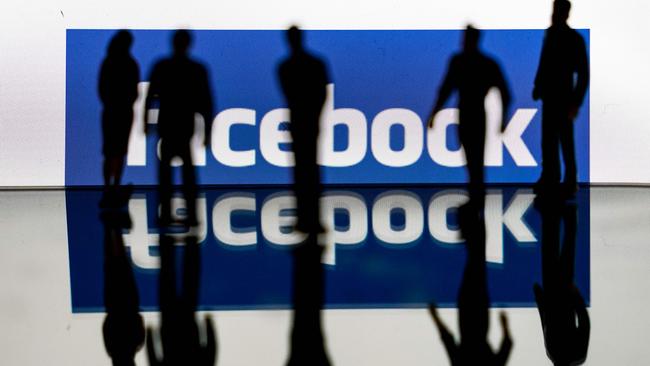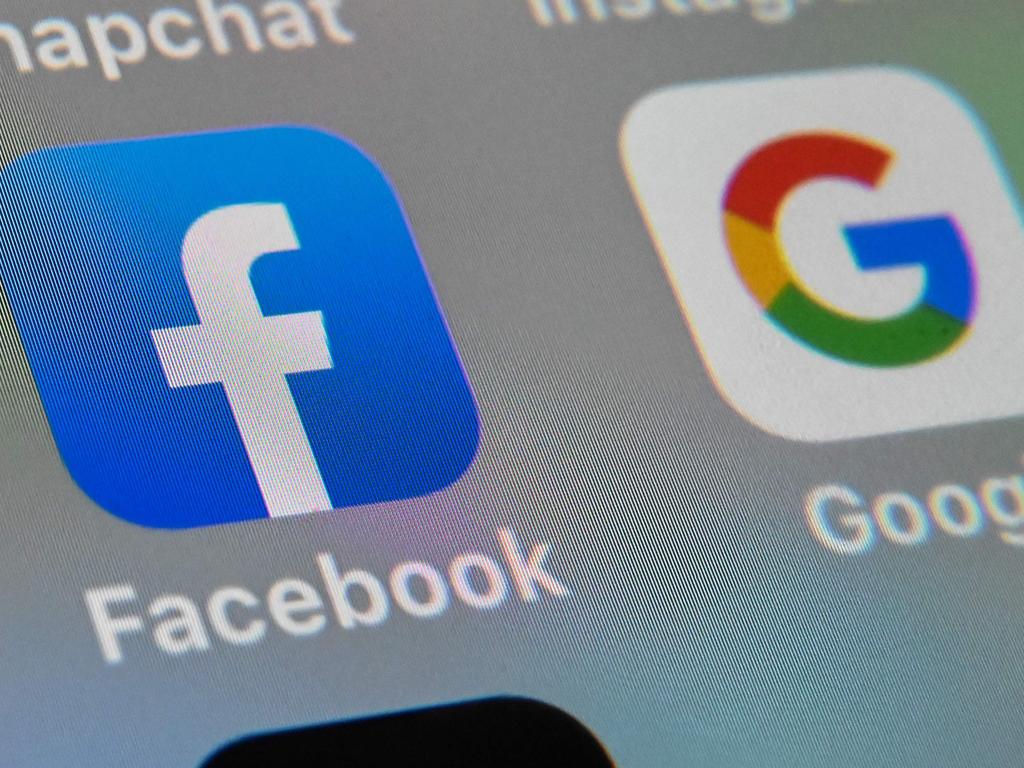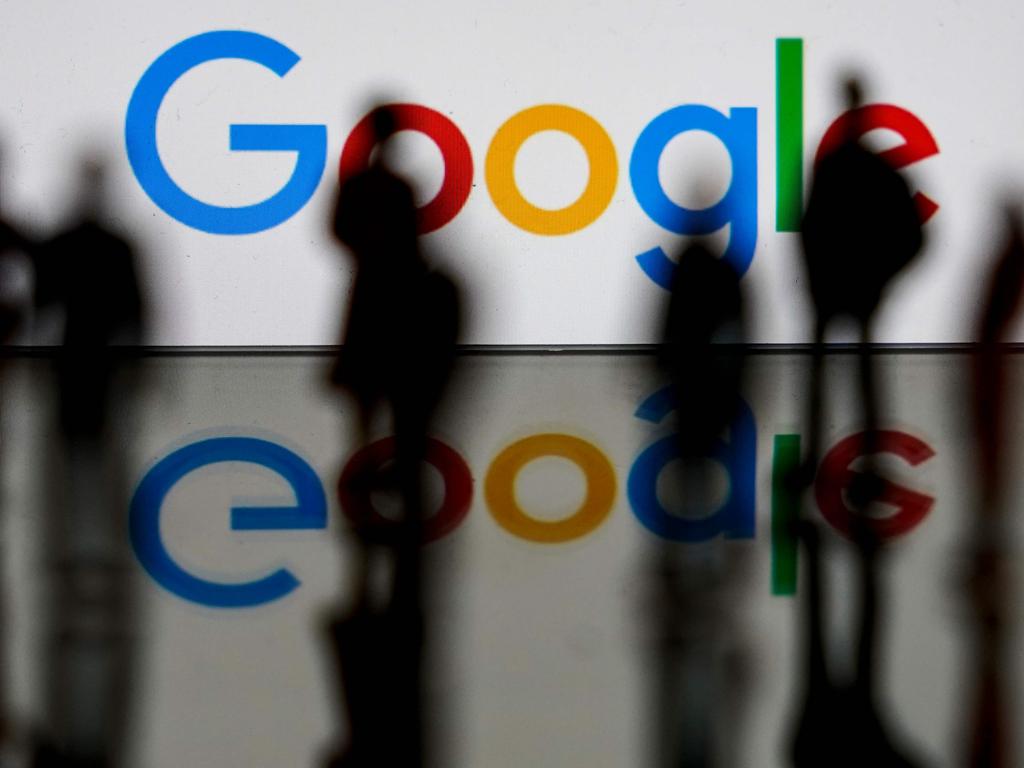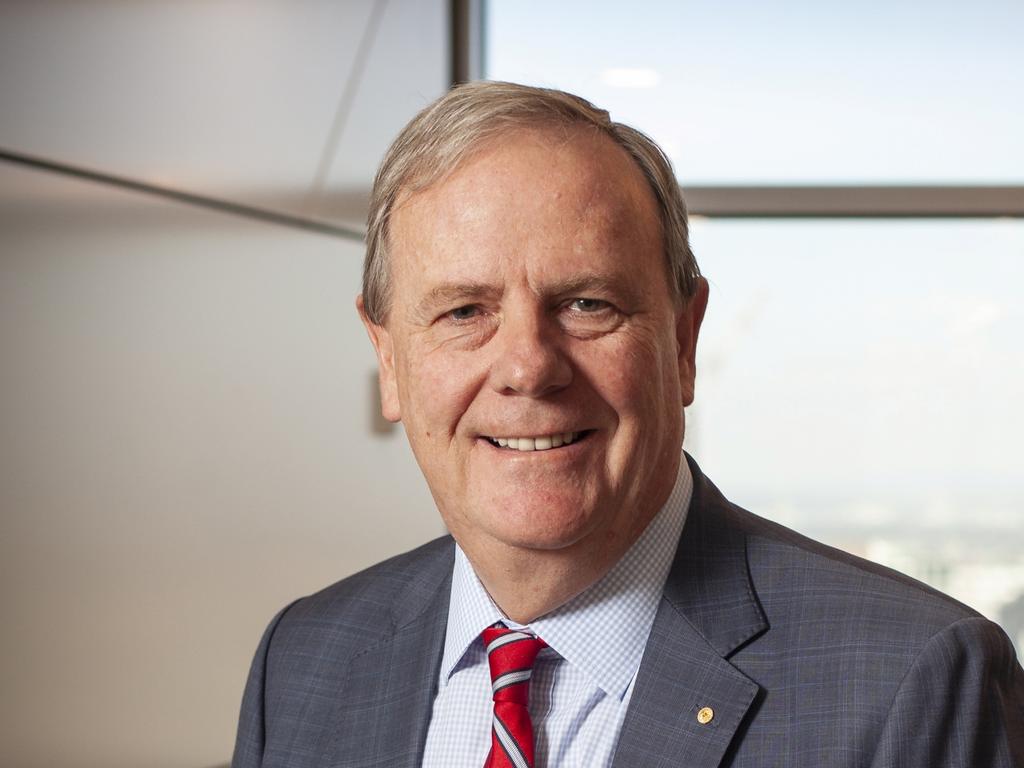It’s time to imagine Google and Facebook without news

Of course, the Morrison government might find it’s got better things to do, such as saving Australia from total collapse, but last week the government declared that it’s proceeding with it and over the weekend Google started running ads denouncing the ACCC’s code, so they must think it’s happening at least.
To recap: after a long inquiry the ACCC has proposed in draft legislation that digital platforms – that is, Facebook and Google – be required to negotiate a payment to news publishers for their content.
Last Monday Facebook said if the draft becomes law “we will reluctantly stop allowing publishers and people in Australia from sharing local and international news on Facebook and Instagram.”
Next day Treasurer Josh Frydenberg said “we’re committed to these reforms”.
After weeks of consultation, the ACCC and Frydenberg knew that Google and Facebook would oppose them with threats to drop news, which they have duly done, yet they remain committed to the reforms.
So we seem to be heading for quite a moment: a serious effort to properly regulate the global internet utilities … by Australia. The state doesn’t often take on corporate power like this, and it doesn’t always win when it does. But it usually does.
There are two things about the ACCC’s draft law prepared that Google and Facebook hate: first, that a failed negotiation must end in arbitration, and second, the platforms cannot discriminate in their treatment of individual publishers – it’s all in, or all out. Their bargaining power would be destroyed.
So Google and Facebook are saying that will be “all out” – no news would be published at all – local or international.
The challenge now for those on the other side of this argument – regulator, politicians, publishers – is to try to imagine what life would be like without Google and Facebook sharing and linking to news.
They would have to imagine it because social media and search have become so embedded in everyone’s life that it’s difficult to remember what it was like before them.
For publishers: would they lose, because they wouldn’t get the traffic normally provided by Google and Facebook, or would they win because news consumers would have to come direct to them and they would get cash as well?
For the ACCC: would the removal of Google and Facebook from the distribution of news enhance or damage competition? Would the loss of the digital platforms give more market power to the large publishers like News Corporation and Nine, or would it give the smaller players more opportunity?
For politicians: and perhaps most importantly, would the world be less reliable or more pliable because Google and Facebook were no longer publishing actual journalism – edited and verified – and instead only the ravings of fanatics and liars?
What would happen if Australia’s most consumed media (social media) lost all contact with verified reality? Would we step through the looking glass into a world of lies and fantasy?
These are the first global utilities, and while it’s normal for domestic utilities to be heavily regulated, these ones are everywhere and have snuck up on the regulators.
It can be argued that world authorities have been asleep at the wheel while these unregulated companies became both very profitable and very powerful, but the ACCC’s thinking is: “Better late than never”.
But because they’re global, it will be difficult for one small jurisdiction to force them to pay news publishers serious money without support from the other larger countries because they can pull news from Australia without too much pain.
There are bills currently winding their way through US Congress that would allow US publishers to collectively bargain with Google and Facebook, but that’s a very different matter to forcing them to negotiate followed by forced arbitration with no ability to pick the publishers off.
On Friday the New York Times carried a story that US Attorney General William Barr wants to bring an antitrust action against Google as early as this month to get it going before the election, apparently against the objections of Justice Department lawyers who want more time.
It’s assumed that this will be a similar case to the breakups of Standard Oil in 1911 and the Bell System in 1982, but it might also end up with the US simply copying the ACCC’s draft code. The US Justice Department has been talking to the ACCC.
If so, that would an entirely different proposition to Australia doing it. Could Facebook remove all sharing of news in the US and globally? If it did, it would become nothing but a gossipy soapbox and picture sharing device, on which nothing could be trusted.
But there is a deep problem here for Facebook and Google, not just one of trying to resist regulation: the idea that they are responsible for what users share among themselves or click on, and need to pay royalties to originators of the content, would fundamentally change the nature of their businesses.
So this stoush should be a welcome diversion from our pandemic miseries over the next few months, as Australia (GDP $A2 trillion) takes on Google and Facebook (combined market caps, $A2.8 trillion).
* Alan Kohler is Editor in Chief of Eureka Report







It looks very much like Australia will call Facebook’s and Google’s bluff and legislate the Australian Competition and Consumer Commission’s news media bargaining code, in which case the modern world itself will reach a momentous inflection point.